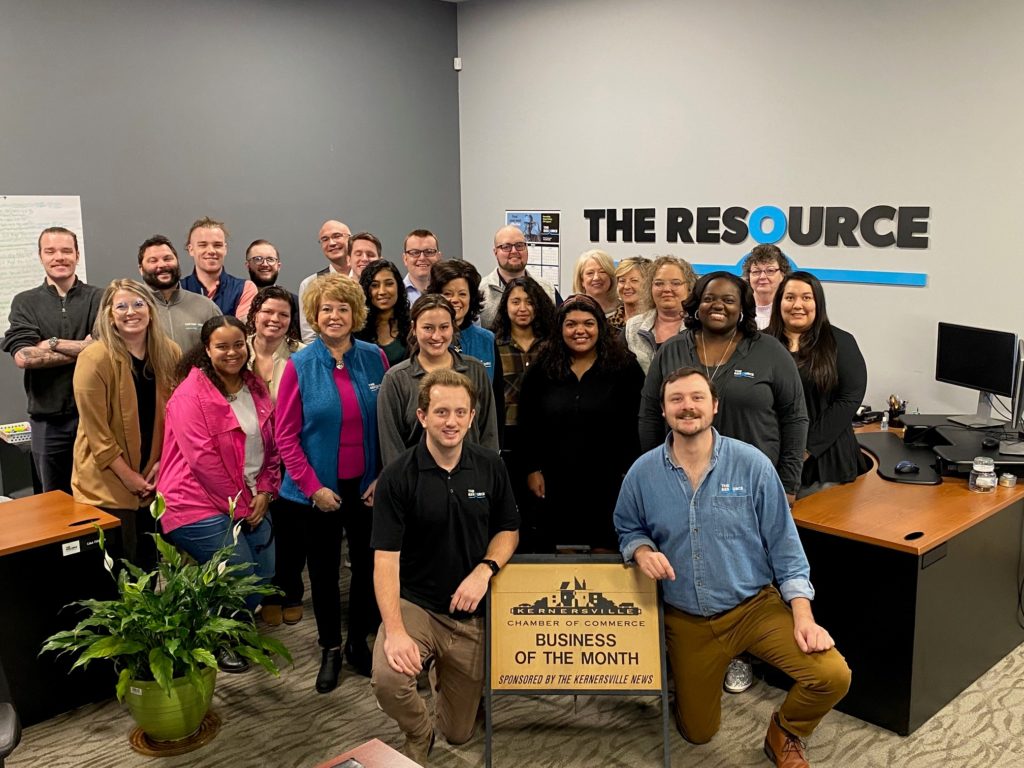Over the past 20 years, programs that create corporate environmental, social, and governance (ESG) frameworks have been some of the hottest in the business world. No matter the industry, if a company has an environmental footprint, employs people, and adjusts to ever-changing government policies, then it has likely developed a model to help stakeholders understand how it plans to become greener, more socially conscious, and more transparent. Current economic realities, however, are forcing executives to reassess all areas of their businesses and make tough choices—including reducing or even eliminating ESG initiatives. One recent survey found that as recession fears loom, about half of the CEOs interviewed “are pausing or reconsidering their existing or planned ESG efforts over the next 6 months,” and just over a third of them “have already done so.”1 Any organizations that roll back their ESG programs, however, might miss out on some of the financial benefits of those initiatives. Research from leading business authorities convincingly shows that continued support of ESG makes dollars and “sense” in three meaningful ways. ESG is essential to ensuring corporate long-term financial success, with a direct link between it and two key financial performance levers: cost reductions resulting from sustainable business practices (for example, lower energy and water costs because of reduced use, and lower packaging costs because of design improvements), and investment opportunities from lower capital costs and higher credit ratings.2 At the same time, companies with high ESG scores from rating agencies generally have “lower costs of capital compared to companies with poor ESG scores in both developed and emerging markets during a four-year study period.”3 Thinking about how to raise capital is one thing that keeps executives awake at night. With ESG-oriented investment experiencing a meteoric rise over the past decade, tying projects to ESG goals opens up more options for capital and financing. Consumers are paying attention to the broader societal impact of the products they buy and the companies they do business with. For example, they are increasingly more willing to spend more for products that are considered sustainable in both their materials and their manufacturing processes. ESG initiatives can help organizations meet the environmental, social, and governance criteria that consumers desire. Organizations that cut ESG programming risk losing their competitive hiring edge. As job applicants become increasingly interested in social and environmental issues and prefer to work for organizations that are making a positive contribution to society, ESG is routinely listed as a priority for top talent. Because those who are satisfied with their employers’ societal and environmental impacts are more likely to want to stay with them for more than five years, continued focus on ESG can ultimately lead to higher retention rates and lower recruitment costs.4 The issues and circumstances that drove the movement for ESG 20 years ago persist today. Climate change; supply chain management; diversity, equity, inclusion, and belonging; transparency; and myriad other issues will continue to pose challenges for companies in strong economies as well as in weak ones. Therefore, ESG is likely to retain a significant presence in the business world for many years to come. 1 KPMG. 2022. “Great ESG Expectations.” KPMG website, August, kpmg.com/xx/en/home/insights/2022/08/kpmg-2022-ceo-outlook/esg-and-diversity-trends.html. 2 Witold Henisz, Tim Koller, and Robin Nuttall. 2019. “Five Ways that ESG Creates Value.” McKinsey website, www.mckinsey.com/~/media/McKinsey/Business%20Functions/Strategy%20and%20Corporate%20Finance/Our%20Insights/Five%20ways%20that%20ESG%20creates%20value/Five-ways-that-ESG-creates-value.ashx. 3 Ashish Lodh. 2020. “ESG and the Cost of Capital.” MSCI website, February 25, www.msci.com/www/blog-posts/esg-and-the-cost-of-capital/01726513589. 4 Deloitte. 2022. “Striving for Balance, Advocating for Change.” Deloitte website, www.deloitte.com/content/dam/assets-shared/legacy/docs/about/2022/deloitte-2022-genz-millennial-survey.pdf. ESG drives cost savings and lowers capital costs
ESG affects top-line growth and customer preference
ESG affects a company’s ability to attract and retain talent
The Future of ESG










